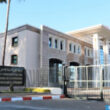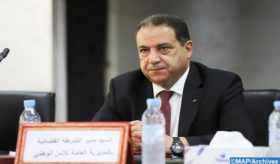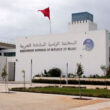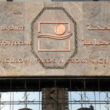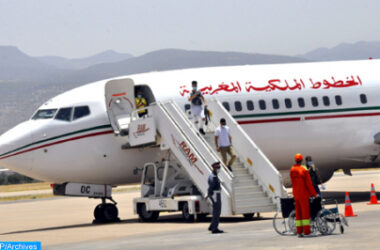This workshop is organized from 12 to 16 September for the benefit of judges and law enforcement officials from the three countries, at the initiative of the United Nations Office on Drugs and Crime (UNODC), in partnership with the Directorate General of National Security (DGSN) and with the support of Italy.
It aims to strengthen international cooperation and judicial security among participating countries, identify challenges and needs to establish a more effective inter-regional cooperation, and promote the exchange of experiences and best practices in the fight against trafficking in persons and smuggling of migrants.
The focus will be on the constraints that hinder the practice on the ground in the fight against trafficking in persons and smuggling of migrants, and investigative work based on digital criminal evidence, as well as criminal analysis, working on a practical case related to transnational crime.
This workshop will be marked by a simulation of investigation and trial in its various stages and until the judgment, in an approach based on the protection of the rights of the victim.
Speaking on this occasion, Judicial Police Central Director Mohamed Dkhissi stressed that Morocco attaches great importance to the fight against trafficking in persons, as evidenced by its accession to many international conventions on the subject, including the United Nations Convention against Transnational Organized Crime and the Protocol to Prevent, Suppress and Punish Trafficking in Persons, Especially Women and Children.
Dkhissi has, in this regard, emphasized the remarkable evolution, in recent years, of the Moroccan regulatory and legislative framework in the fight against trafficking in persons, which is the result of the will of Morocco to fight against this dangerous phenomenon.
He said that “the security strategy has paid particular attention to the fight against crime in all its forms for the period 2022-2026, through the fight against organized and cross-border crime, while focusing on the fight against terrorism, extremism, terrorist financing and cyber-crime,” among others
This goes through the strengthening of bilateral or multilateral international cooperation mechanisms at the international, regional and Arab levels, the exchange of information, experience and expertise, and capacity building.




